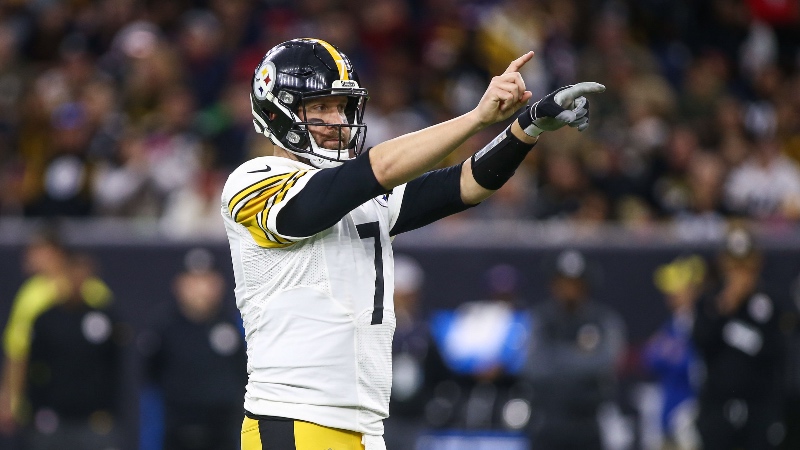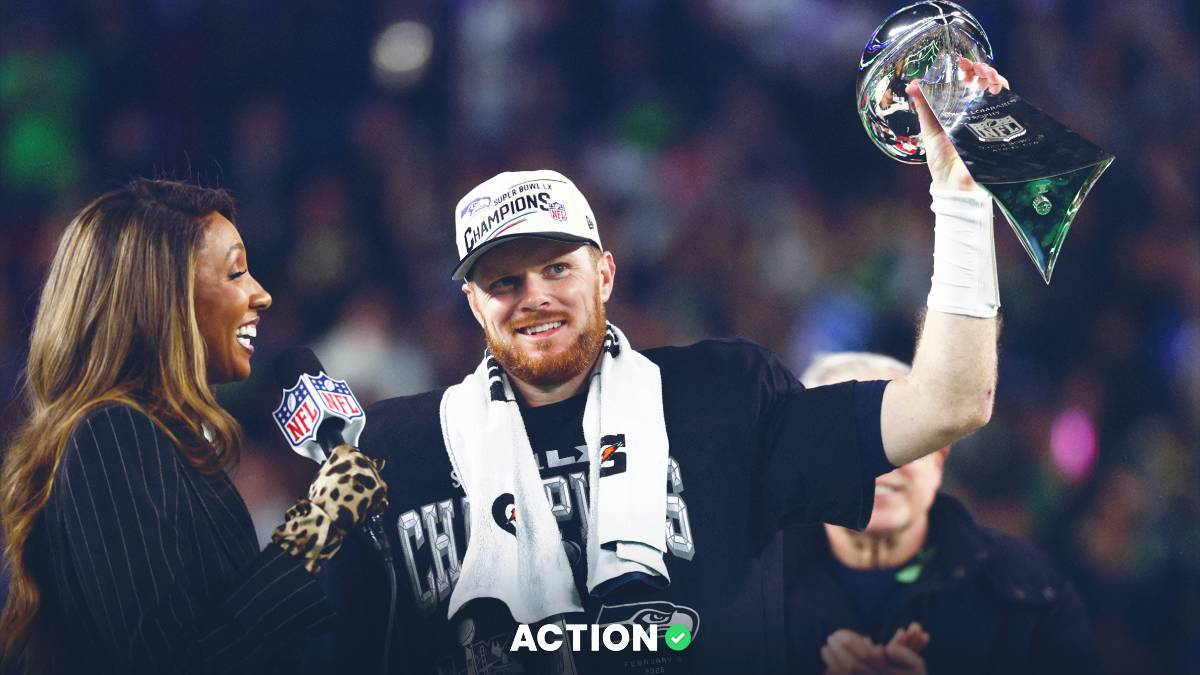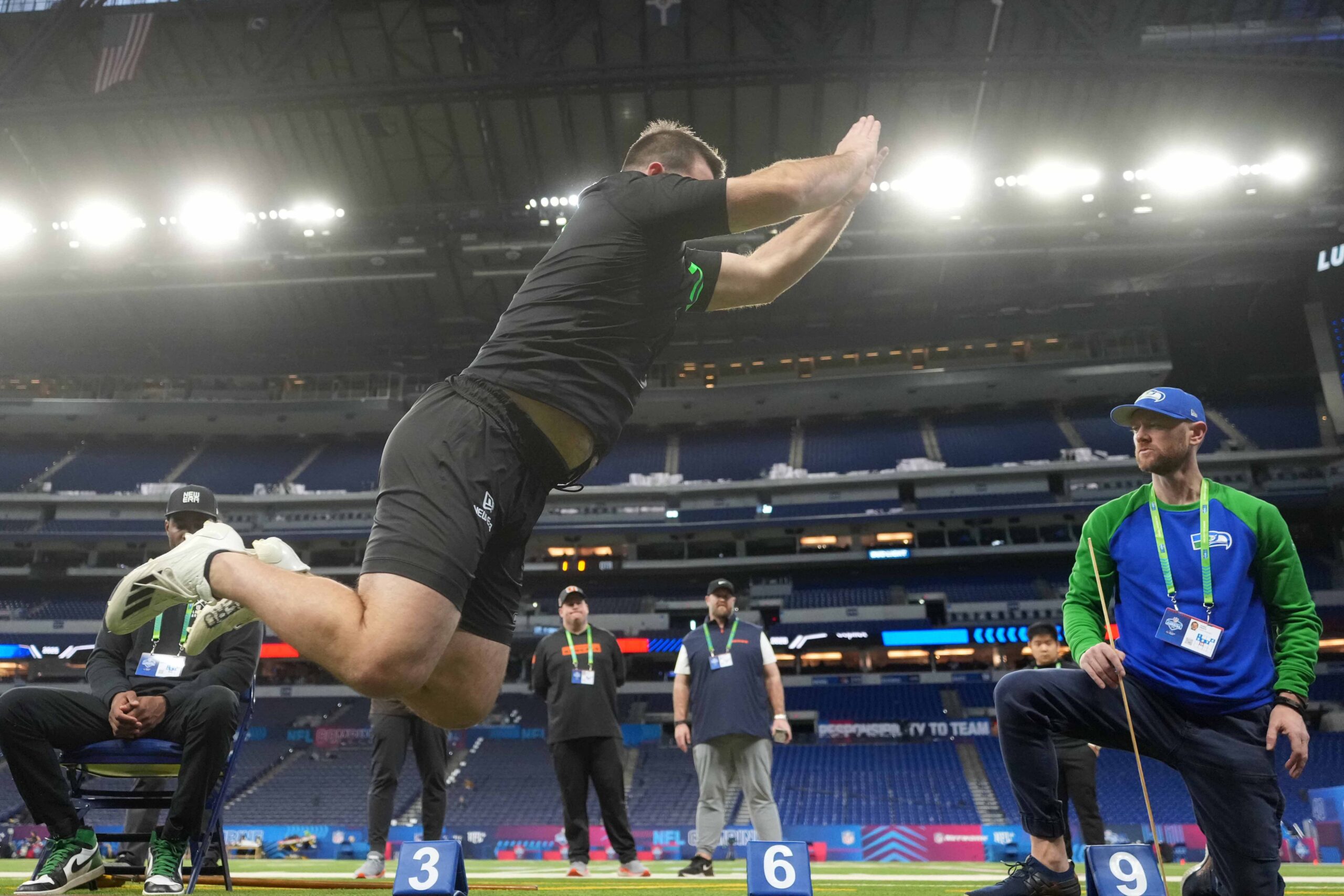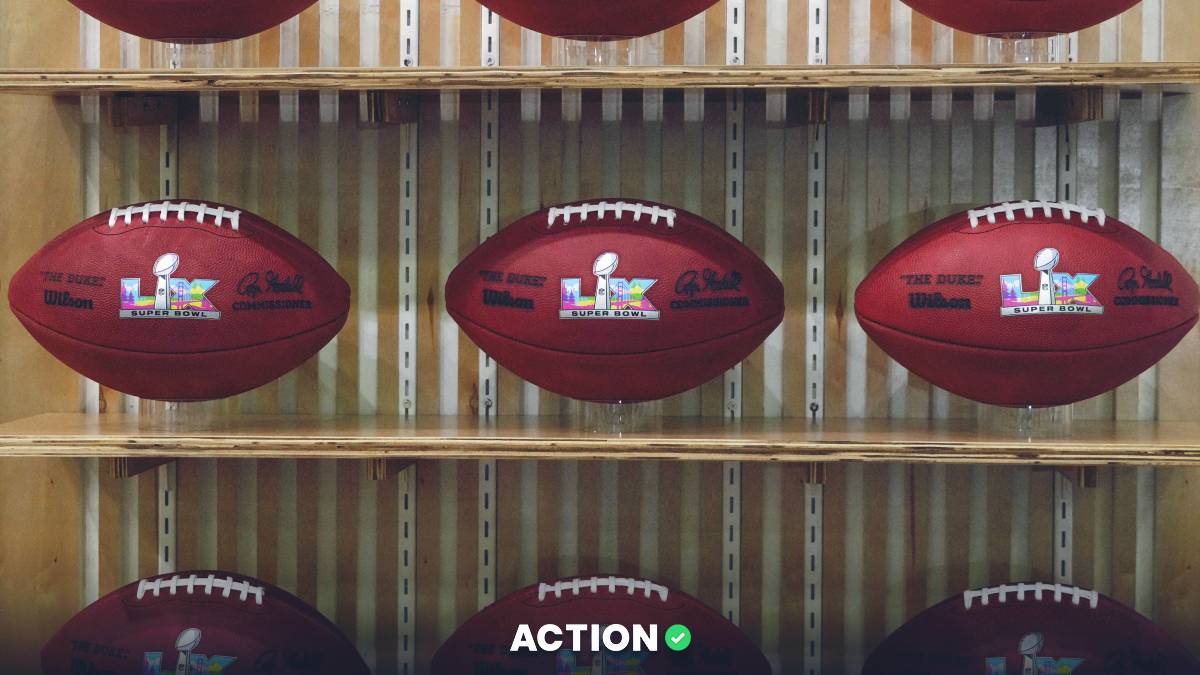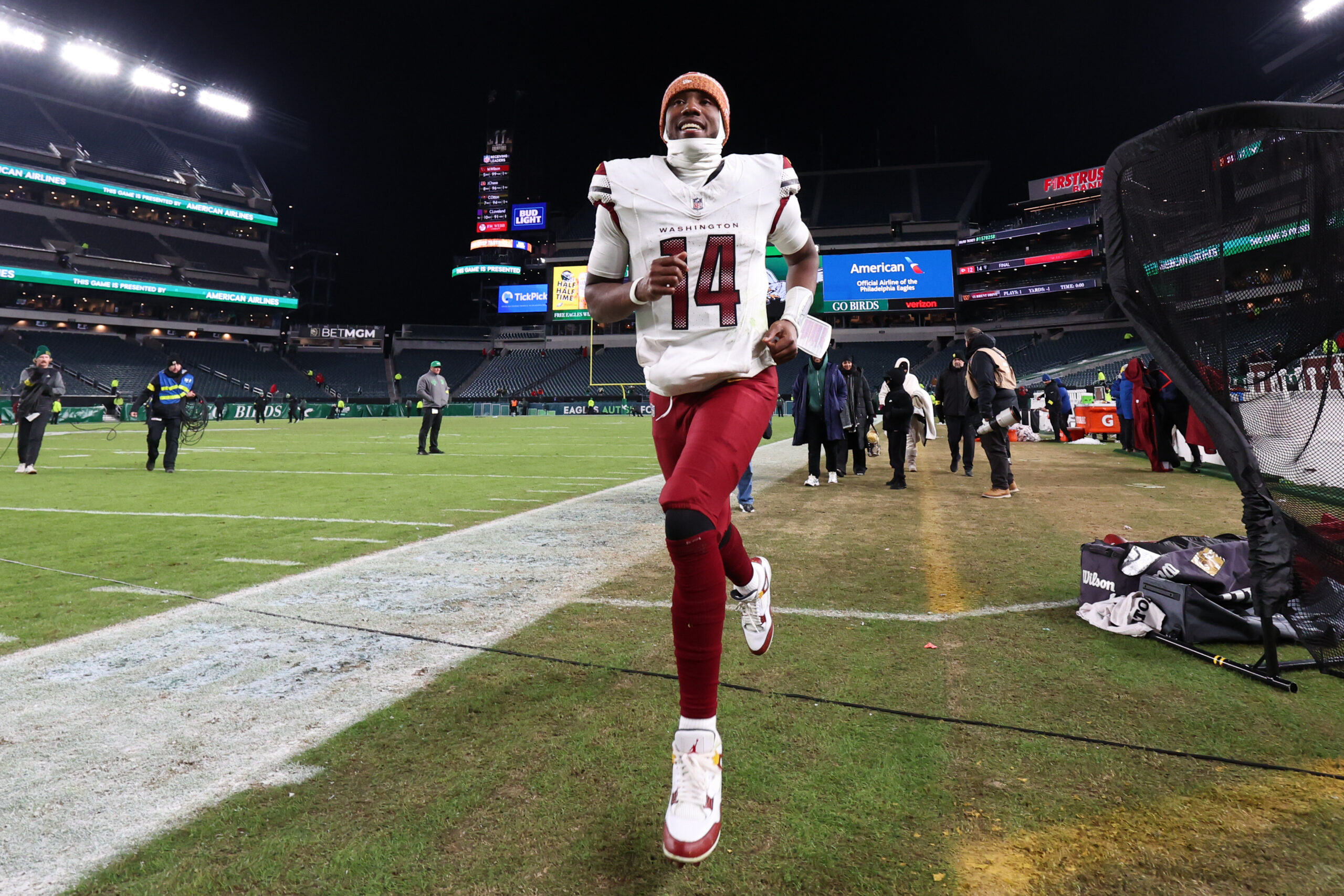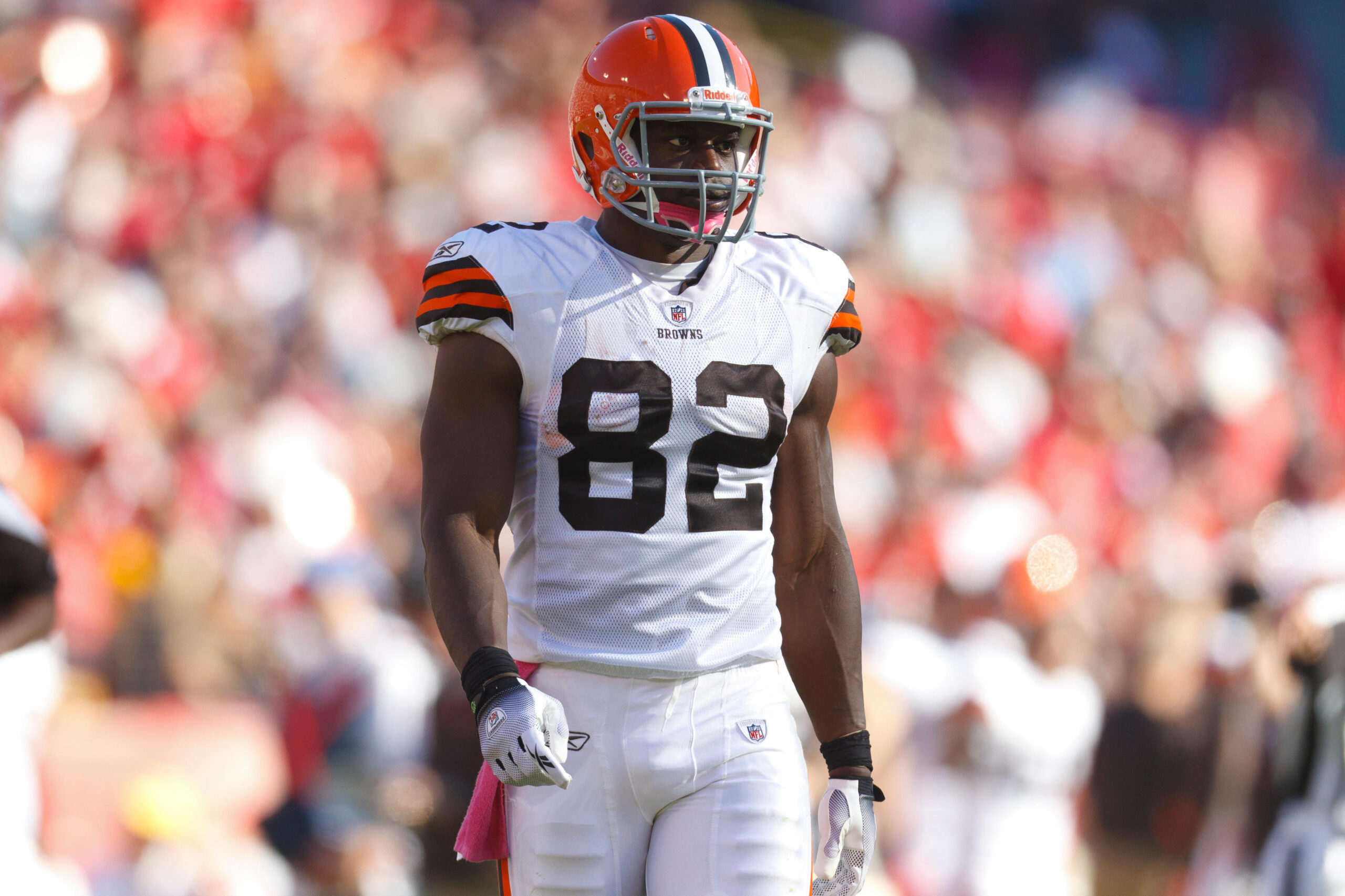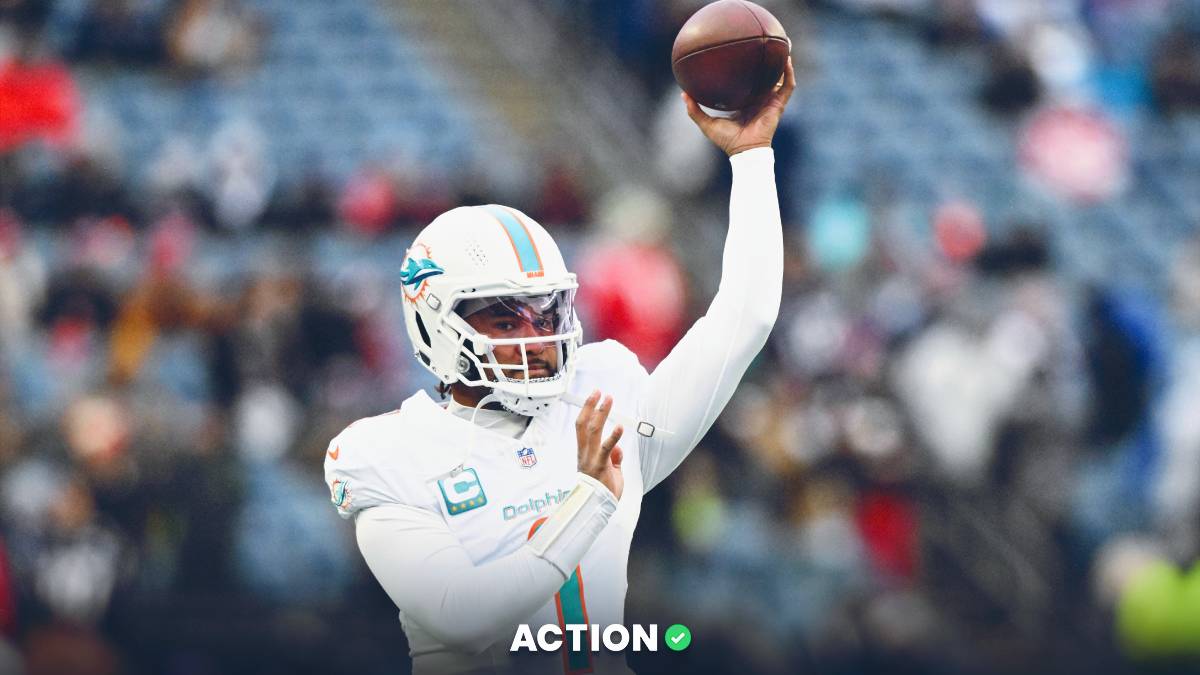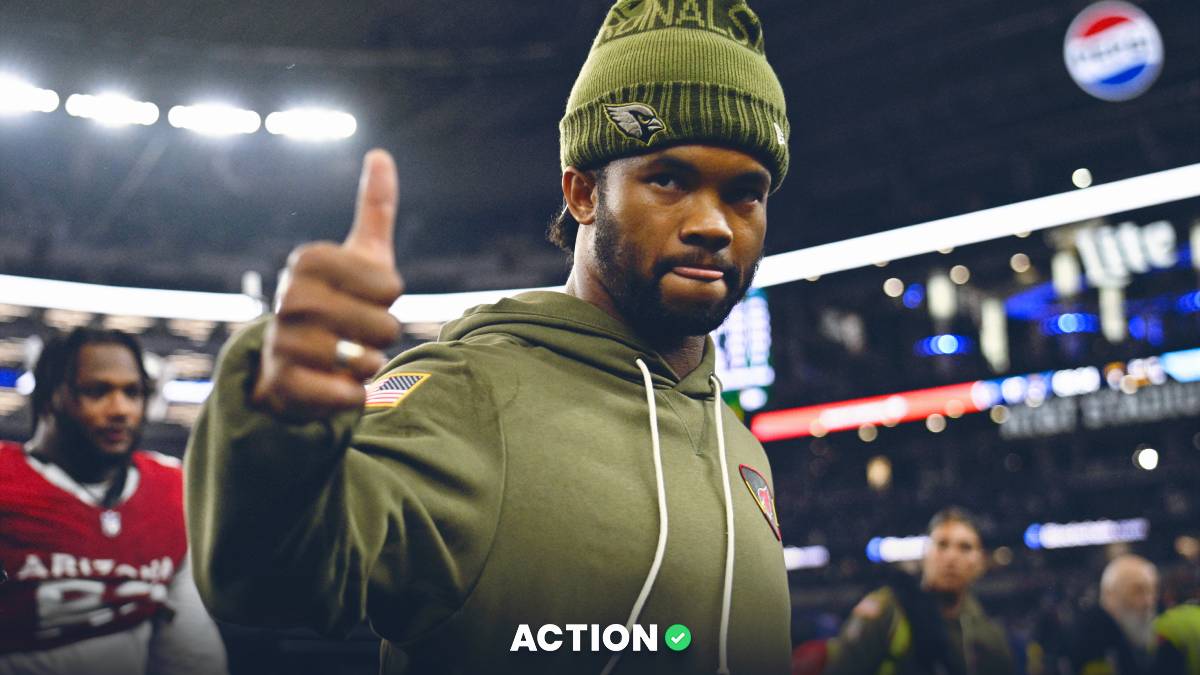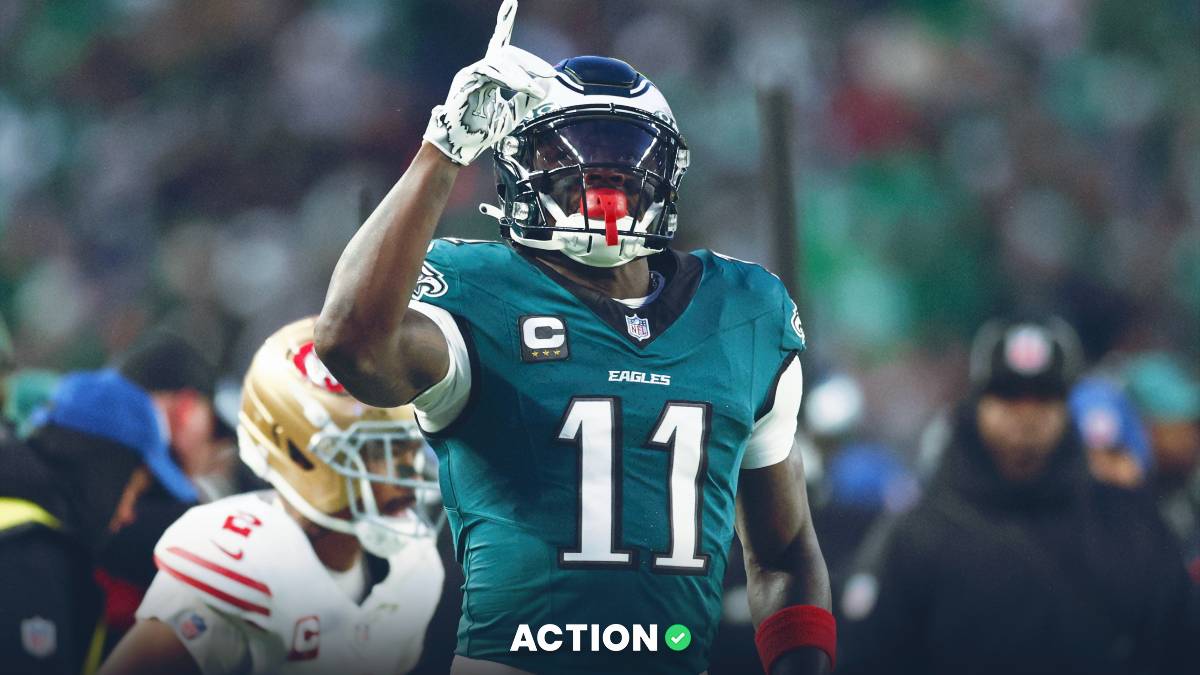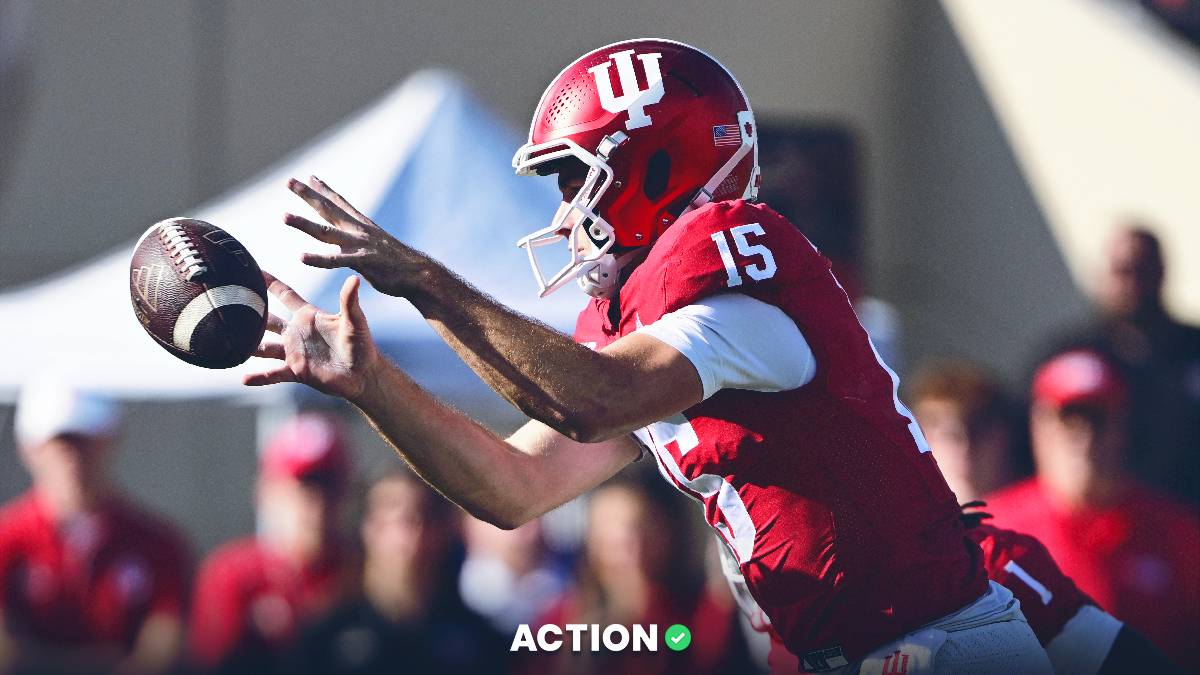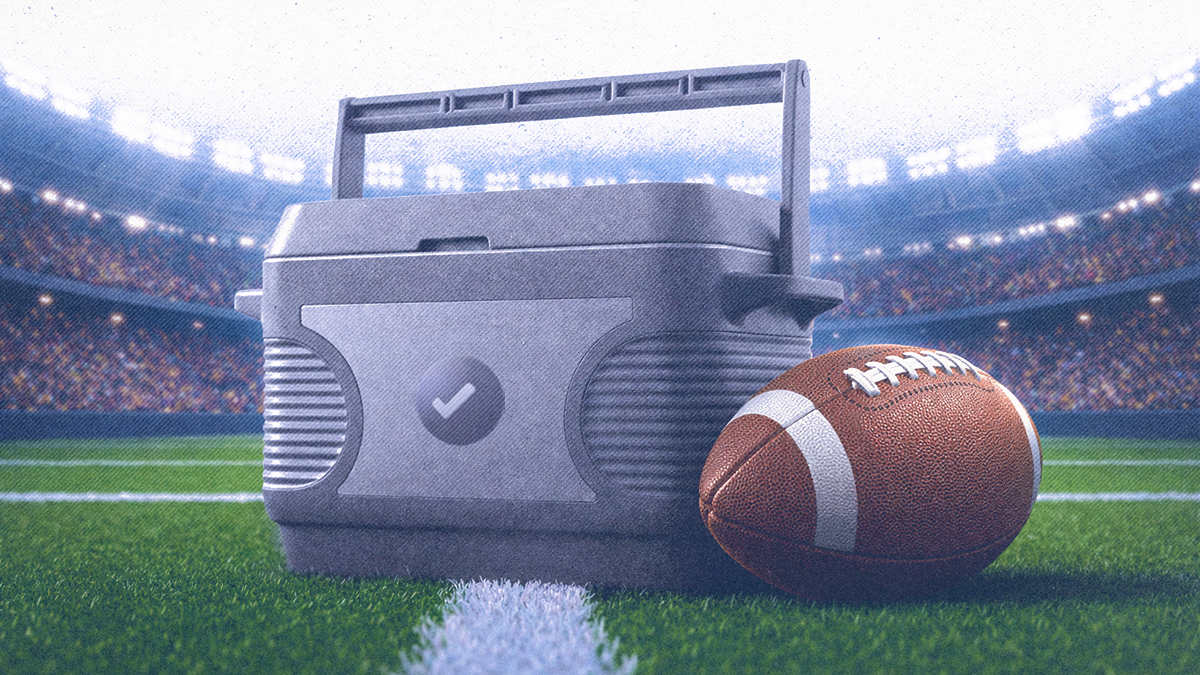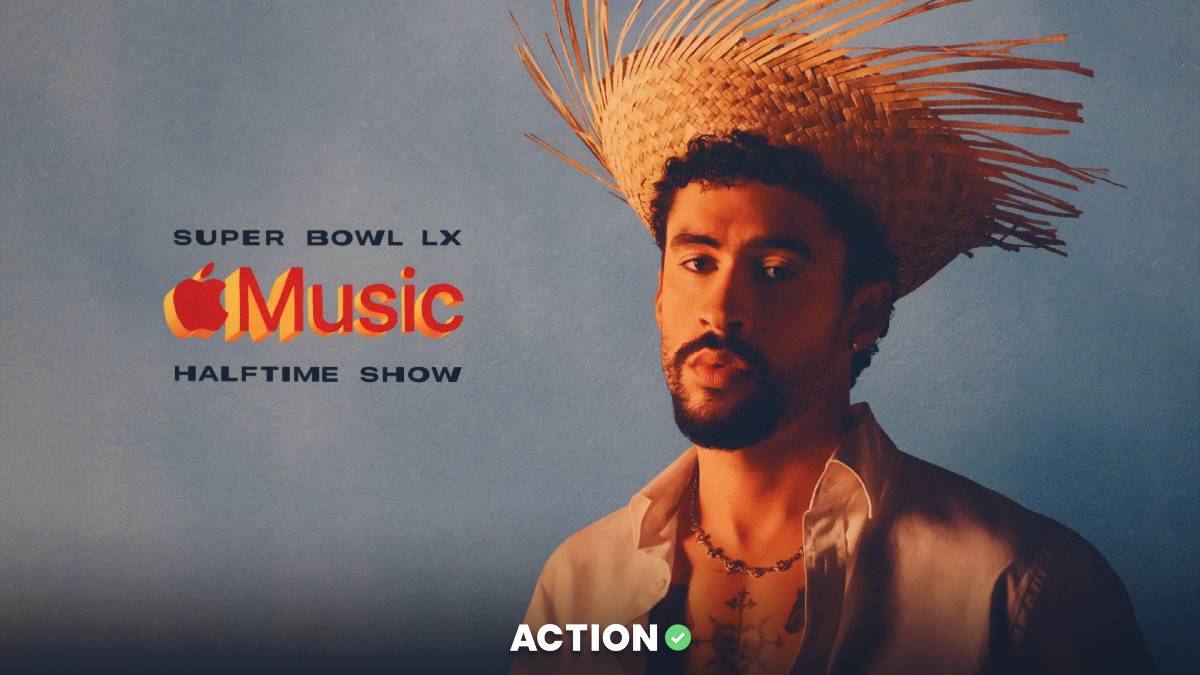Colin Cowherd of FS1 joined Chad Millman on The Buffet podcast last week to discuss, among other things, NFL betting theories. One strategy Colin uses in the fall is to target teams with a capable quarterback the week after they get humiliated on national television.
His reasoning: The public will fade these squads after an embarrassing loss. Is Cowherd onto something with this approach? Using Bet Labs, we can find that, in general, it has been profitable to bet NFL teams following a lopsided defeat.
Since 2005, all NFL teams that lost their previous game by 28 or more points have gone 155-123-8 (55.8%) ATS the next week. Teams that got routed by five or more touchdowns are an impressive 53-30-5 (63.9%) ATS.
Clearly, there is something to this theory. Does the system improve if the team employs a capable passer and what role does failing in prime time play?
Capable QBs
What is a capable quarterback? Cowherd didn’t define the term for us, which leaves it open to interpretation. For our purposes, we will define capable as average or better. There isn’t a filter in Bet Labs for average or better quarterbacks, but we can use points/game as a stand-in since scoring is positively correlated with quarterback play.
Last season, 21 of 32 teams scored 20 or more points per game. If Cowherd is correct, these average or better teams should exceed expectations following a blowout loss but that’s not the case. Since 2005, teams that averaged 20 or more points per game have gone 51-46-3 (52.6%) ATS when they lost their previous game by 28 or more points. The real value lies with the squads that struggle to score.
Since 2005, teams that averaged 19 or fewer points per game were 96-69-5 (58.2%) ATS after losing by 28 or more points. What does this tell us? Cowherd is right to target teams following a disappointing performance, but it’s not the good teams we want to bet. The NFL is all about regression. Teams, even the bad ones, tend to bounce back after poor showings.
Prime time
What are you doing on Thursday night, Sunday night and Monday night? Watching football, of course. I buy into the premise that an ugly loss in prime time could lead to inflated lines and greater value since the result would be fresh in bettor’s minds. Does the data back this up?
In a word, no. We've already determined that teams that struggle to score (19 or fewer points) have gone 96-69-5 (58.2%) ATS following a loss by 28 or more points. But only 27 of those teams played their previous game in prime time, resulting in an 11-12-4 ATS record. Therefore, a team getting blown out in prime time on national television does not lead to increased value.


